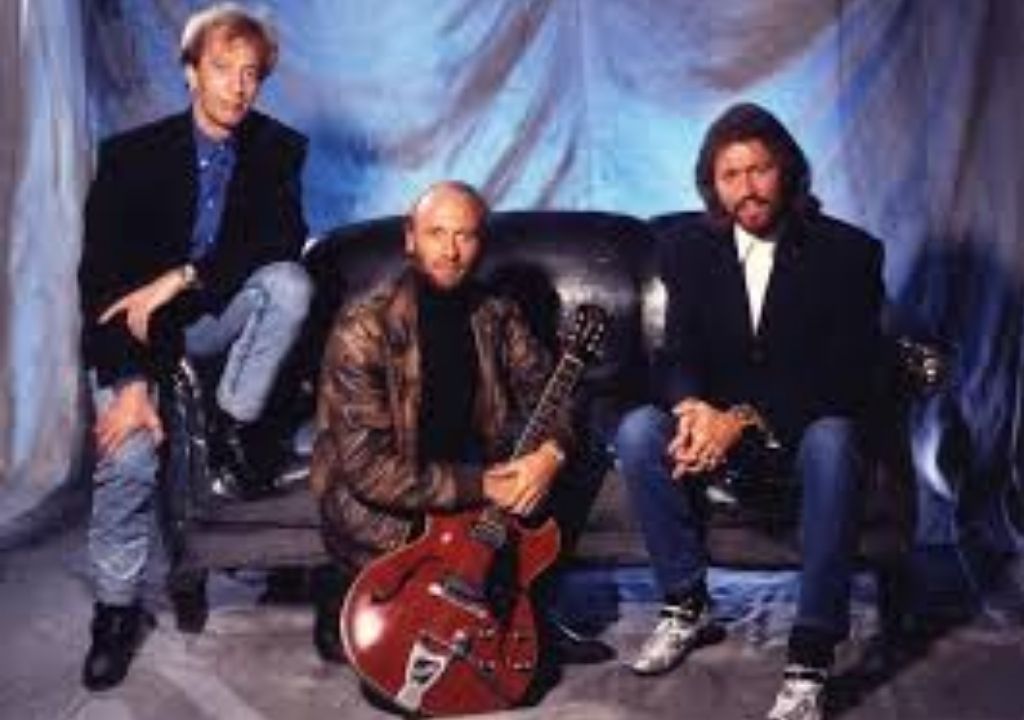
In the unforgiving world of popular music, comebacks are the stuff of legend, but for the Bee Gees, 1987 was less a comeback and more a desperate, last-ditch battle for survival. The titans of the 60s and 70s, who had defined an entire era with their soaring falsettos and disco anthems, found themselves in a commercial wilderness. The pressure was unbearable. Their seventeenth album, E.S.P., was not just another record; it was a lifeline, a final chance to prove they still mattered. And from this crucible of doubt and hope, a song was born that would once again set the world on fire.
The story of its creation is nothing short of miraculous. The driving, powerful melody for “You Win Again” was not crafted in a sterile studio but was delivered to Barry Gibb in a dream. It was a moment of pure, almost divine inspiration. “You have to understand the immense pressure they were under,” recalls music journalist Eleanor Vance. “The industry had all but written them off. Barry once confided that the melody for ‘You Win Again‘ felt like a gift from above, a sign that they had one more story to tell, one more fight left in them. You can hear that urgency, that heartbreaking plea, in every single note.”
Released on September 7, 1987, the song was a tidal wave. It crashed over Europe, sweeping away any doubts about the band’s relevance. It soared to number one in the United Kingdom, a feat that made the Bee Gees the first and only group to score a UK chart-topper in three separate decades—the 60s, 70s, and 80s. A truly historic achievement. The success was not confined to Britain; it topped the charts in Germany, Switzerland, Austria, Norway, and beyond, dominating the airwaves for weeks. The brothers, who had penned the song about the painful push and pull of a rocky relationship, had won.
But across the Atlantic, a different, more puzzling story was unfolding. In the United States, the country that had once embraced them as disco kings, “You Win Again” was met with a shockingly cold shoulder. It stalled at a modest number 75 on the Billboard Hot 100. Why did America fail to hear the magic that had captivated the rest of the world? It remains a painful question for fans to this day. The song, a titan in Europe, was but a whisper in the U.S. “It was a truly bittersweet victory,” Vance notes. “To reconquer an entire continent while being met with relative silence in America… it was the ultimate proof of their resilience, but also a heartbreaking reminder of how fleeting fame can be.” The triumph was immense, yet tinged with a profound sadness, a testament to a final, glorious battle that half the world simply chose to ignore.
